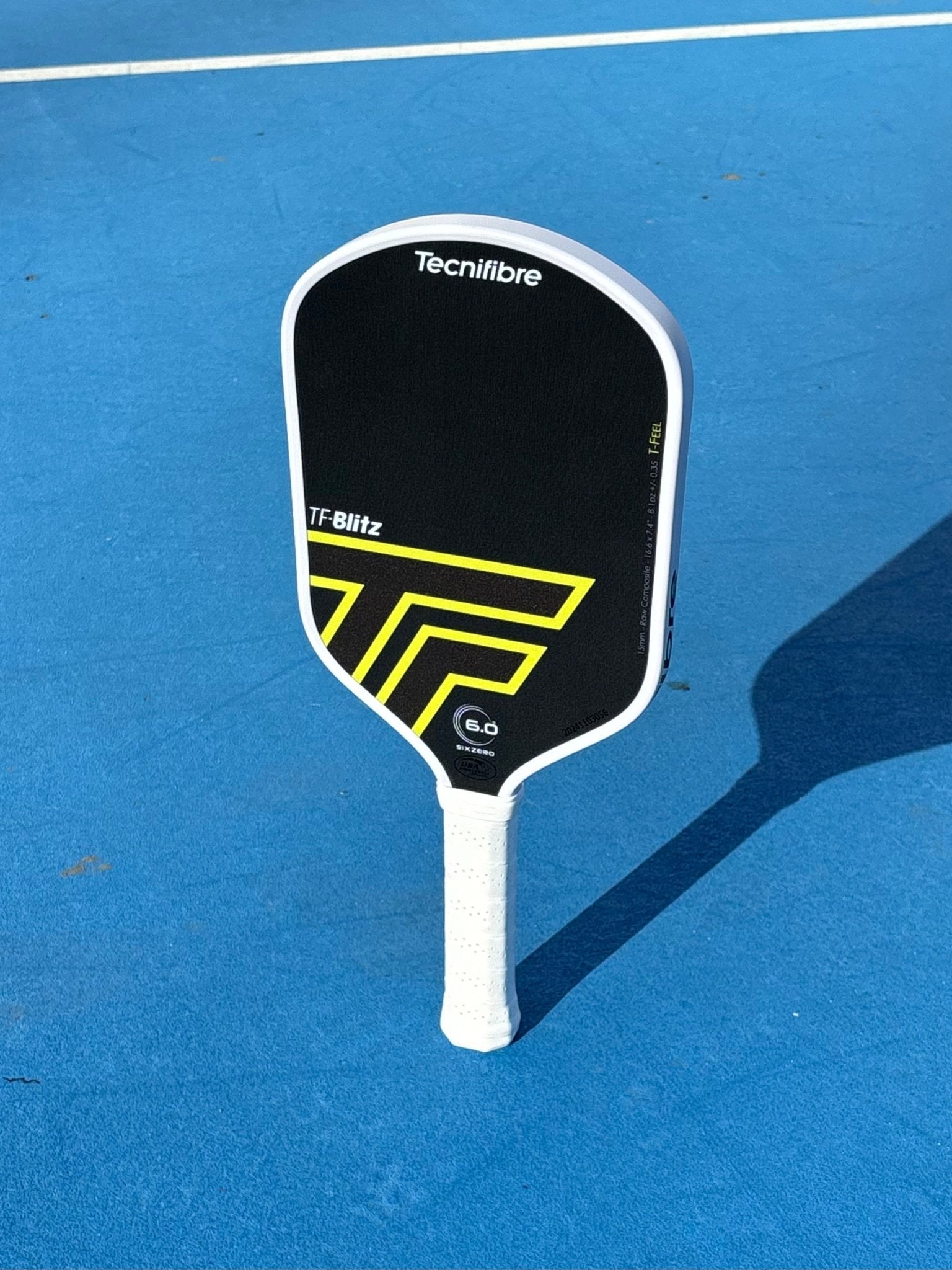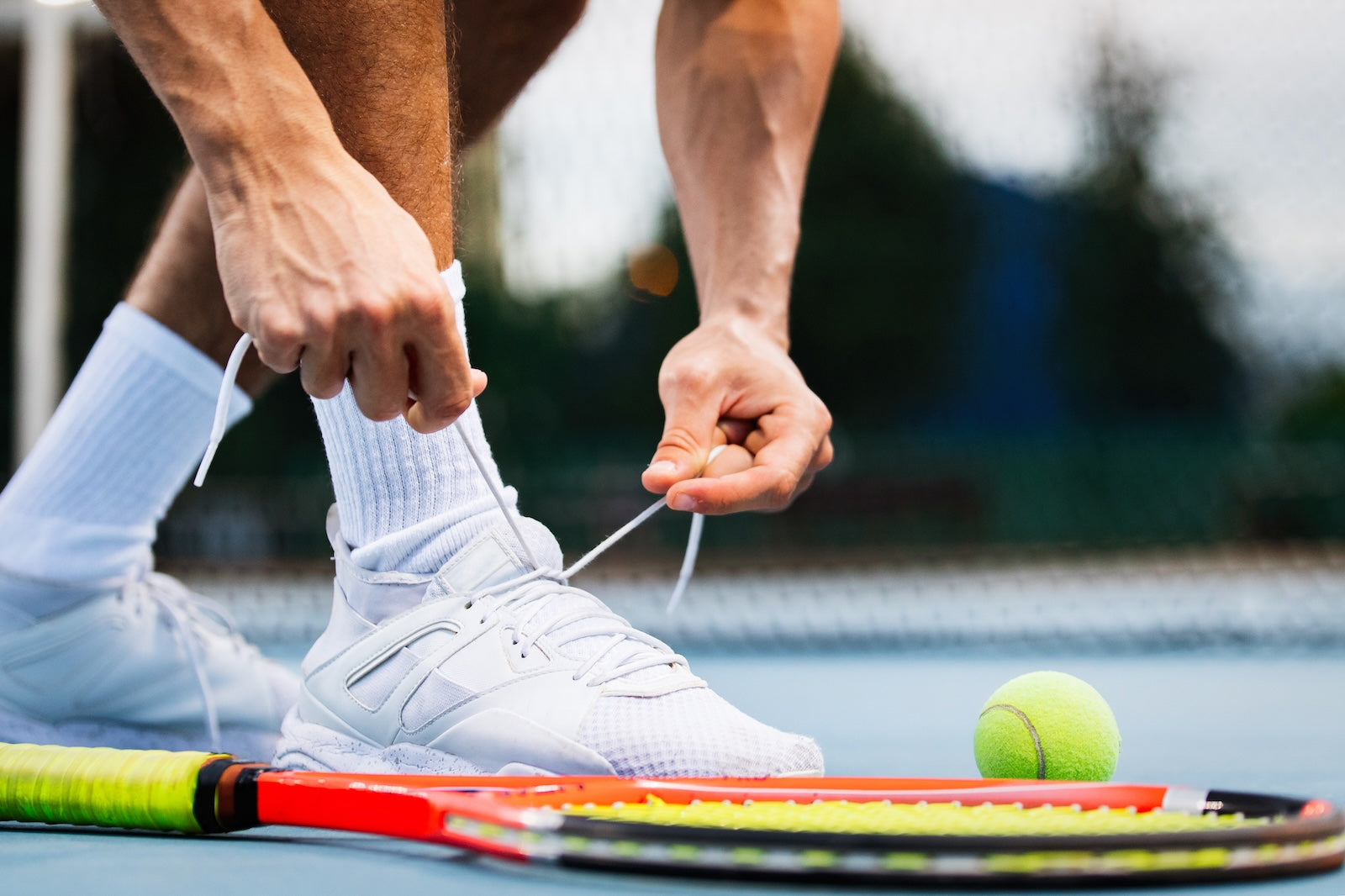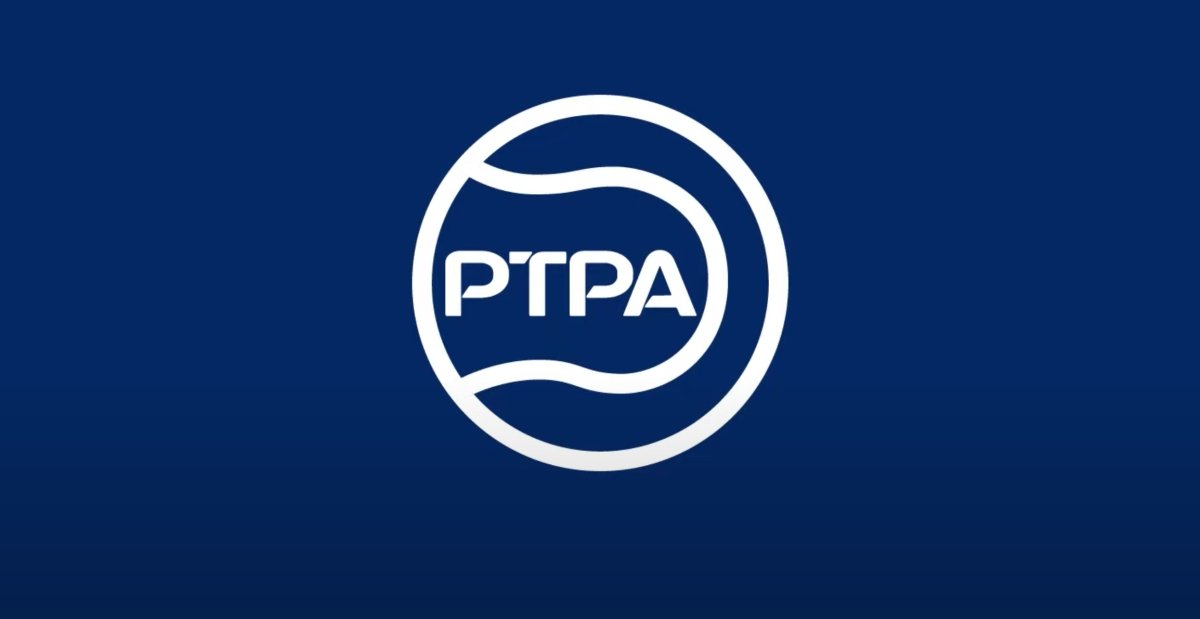The world of professional tennis, while glamorous on the surface, is riddled with challenges that players face daily. From fair compensation to ensuring their rights are protected, there's a need for a collective voice. Enter the Professional Tennis Players Association (PTPA). But what exactly is the PTPA, and how does it advocate for tennis players globally? Let's dive in.
What is the PTPA?
The PTPA is an organization dedicated to representing the interests of professional tennis players, both men and women, across the globe. It acts as a bridge between various tennis stakeholders, ensuring that players' voices are heard and their rights upheld.
The PTPA was founded in 2019 by Novak Djokovic and Vasek Pospisil with the mission of giving advocacy for professional tennis players rights. In the competitive world of professional tennis, players' rights and interests have always been a topic of concern. Historically, associations were established to safeguard these interests. However, over time, some of these protective bodies began to deviate from their original mission. Their journey from realization to action led to the birth of the Professional Tennis Players Association (PTPA), a beacon of hope for tennis players worldwide
How Does the PTPA Help Tennis Players?
Collective Representation
In a sport that's predominantly individual, the PTPA ensures that players don't feel isolated. By providing collective representation, it ensures that players' concerns are addressed as a united front.
Advocacy
The PTPA takes collective action to advocate on behalf of professional tennis players globally. They champion the rights of players to have independent representation, freedom of association, and the right to organize.
Fair Business Practices
The PTPA pushes for players to receive a fair share of the tennis industry's economic benefits. This includes equitable compensation, new revenue avenues, and consistent access to events.
Protection of Rights
From publicity rights to privacy and personal data, the PTPA ensures that players' rights are optimized and protected. They advocate for equality of opportunity, freedom of expression, and movement, ensuring players can pursue their careers without undue restrictions.
Welfare and Safety
The PTPA prioritizes players' welfare, ensuring they have access to mental health resources, education, and advisory support. They also push for players' safety, advocating for secure travel and anti-corruption measures.

What Does PTPA Stand For?
The PTPA stands for the collective betterment of tennis players. Their principles revolve around ensuring that players have a voice in the sport's structure, receive fair compensation, and are protected from potential harm, both on and off the court.
What Do They Propose?
- Sport Structure: Players should have a say in the sport's structure, influencing decisions like scheduling.
- Innovation: Embracing new coaching methods, training techniques, and technologies to enhance players' performance.
- Transparency: Implementing a clear wild-card system and certifying tournaments that uphold players' rights.
How Do They Solve Issues?
The PTPA believes in a collaborative approach. By engaging with various tennis stakeholders, they aim to find common ground and solutions that benefit all parties. They also rely on evidence-based decisions, conducting thorough economic analyses to ensure their proposals are grounded in reality.
Furthermore, the PTPA aligns its principles with the World Players Association’s Universal Declaration of Player Rights, ensuring their actions are grounded in international law.
PTPA Committee Members
The current committee members of the PTPA are Paula Badosa, Novak Djokovic, Hubert Hurkacz, John Isner, Ons Jabeur, Bethanie Mattek-Sands, Vasek Posposil, and Saisai Zheng, lead by their CEO, Ahmad Nassar
In Conclusion
The PTPA is more than just an association; it's a beacon of hope for professional tennis players worldwide. By championing their rights, advocating for their welfare, and pushing for structural changes in the sport, the PTPA is reshaping the future of professional tennis. Their unwavering commitment ensures that players, regardless of their rank or status, are treated with the respect, dignity, and fairness they deserve. As the world of tennis continues to evolve, the PTPA stands firm in its mission to ensure that the players, the heart and soul of the sport, are always at the forefront of every decision.












Leave a comment
All comments are moderated before being published.
This site is protected by hCaptcha and the hCaptcha Privacy Policy and Terms of Service apply.